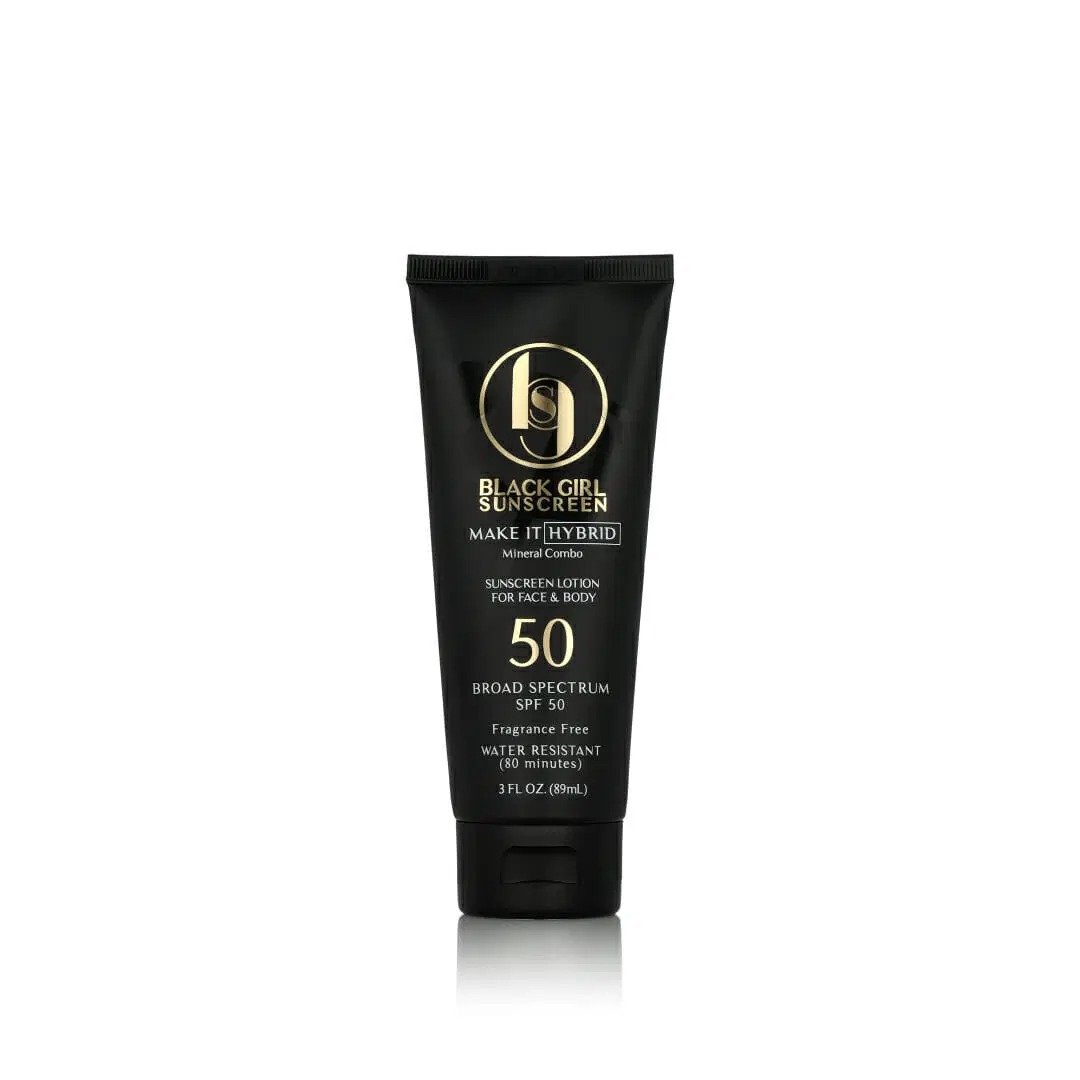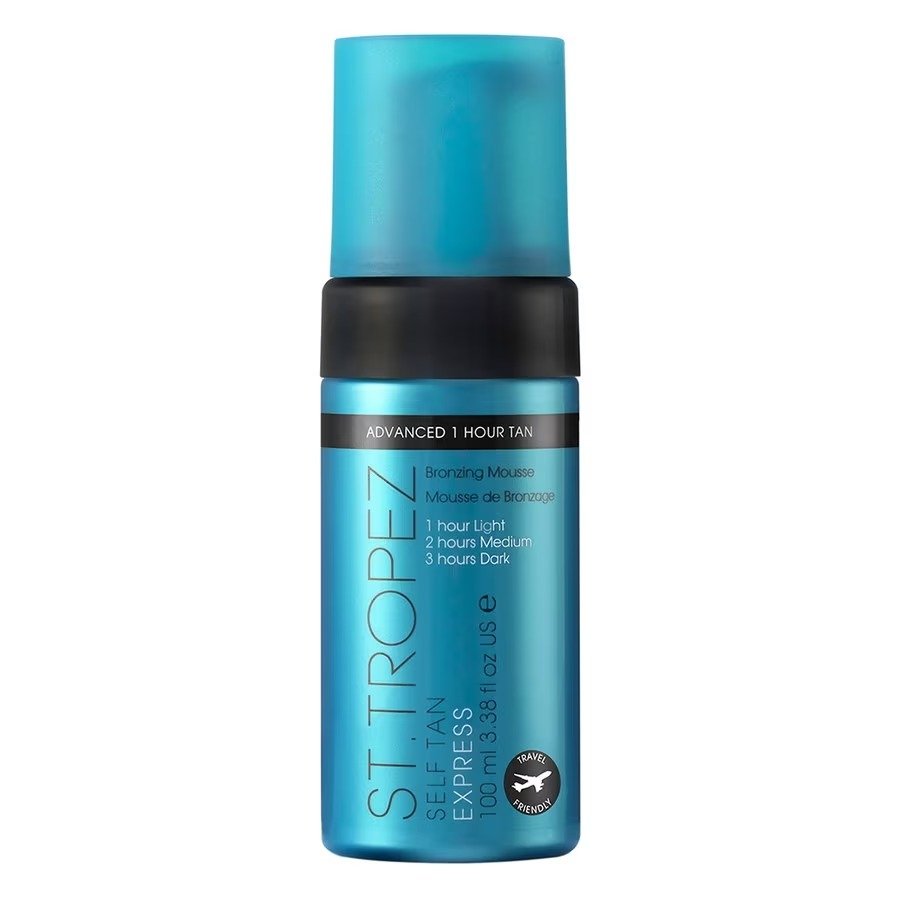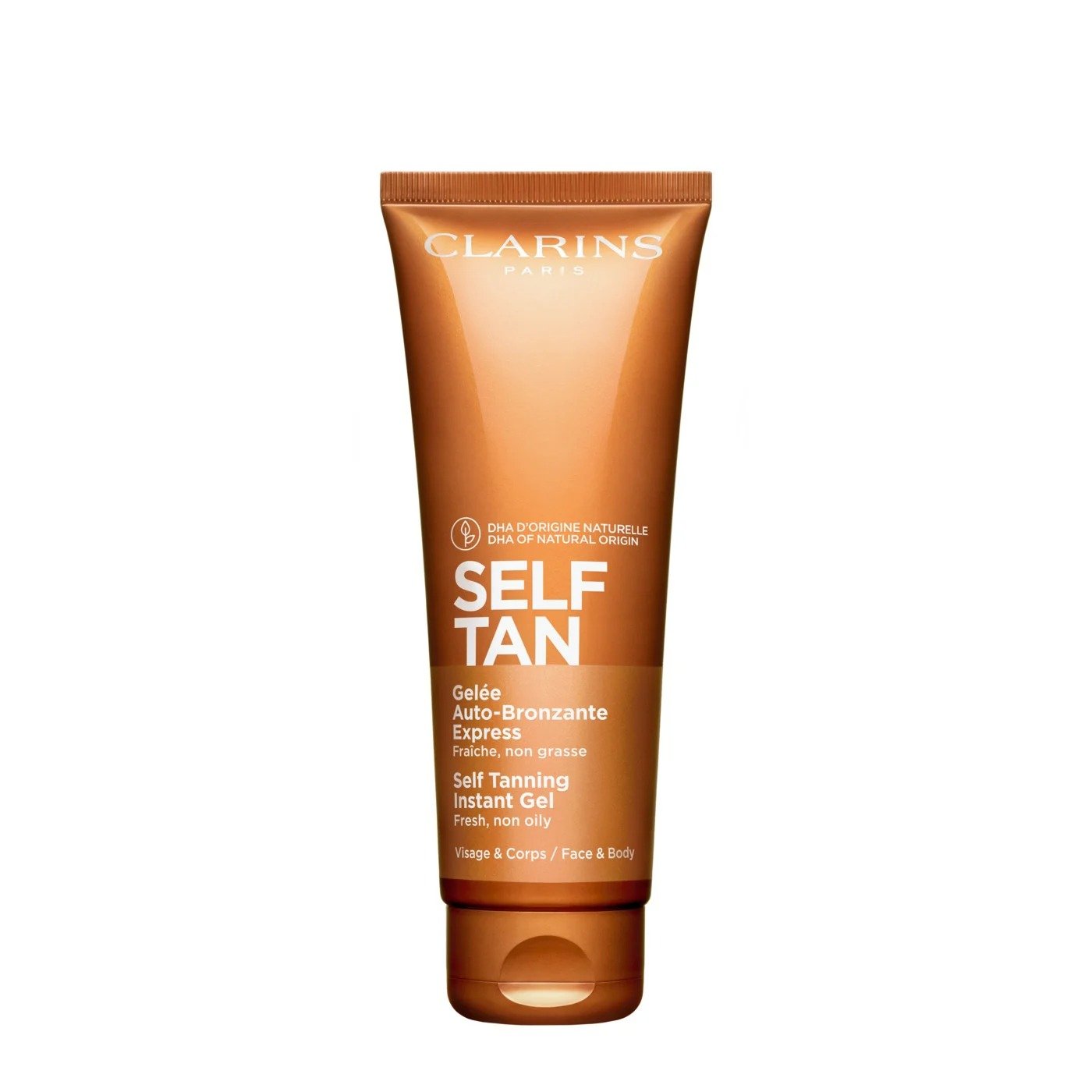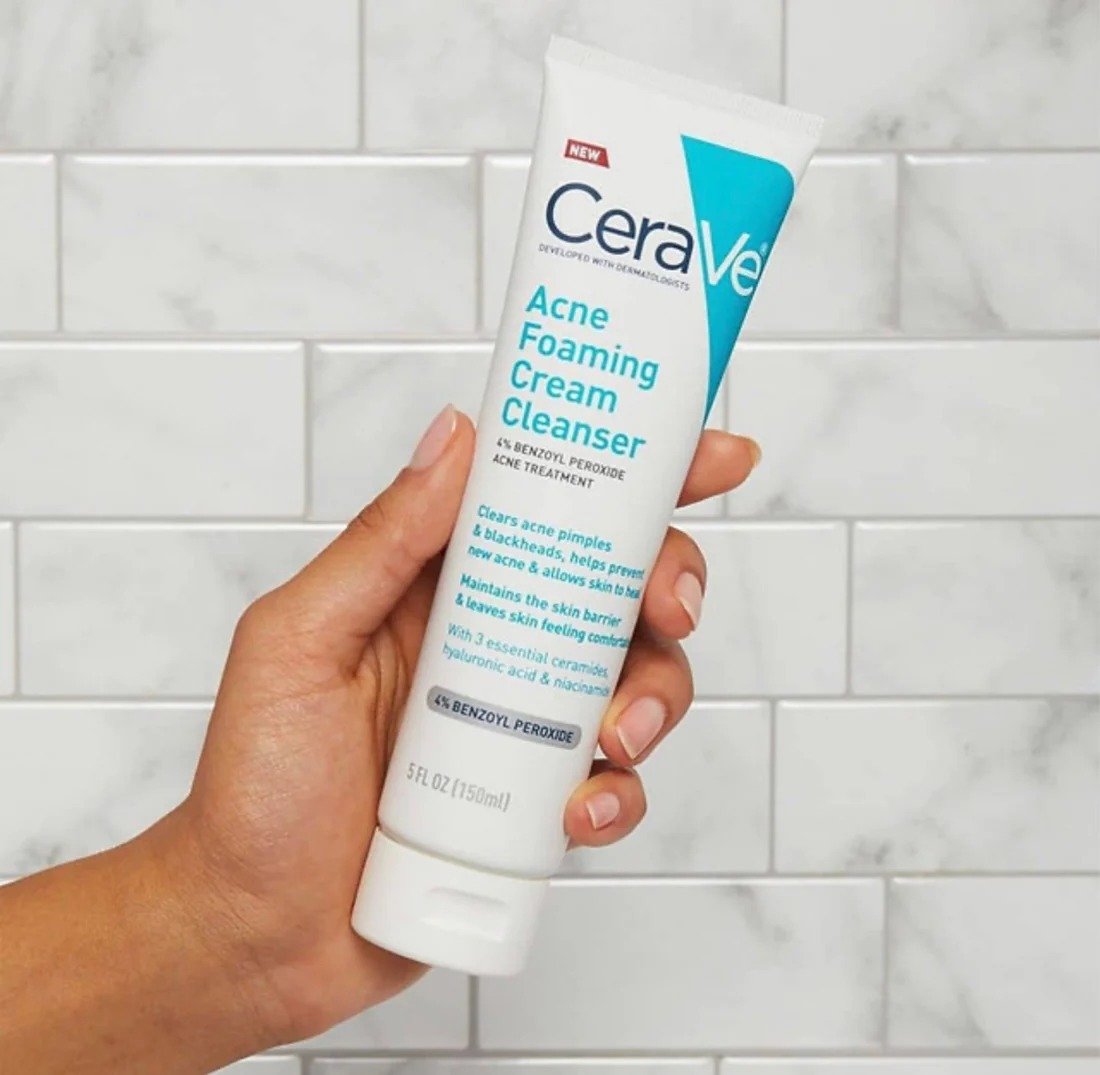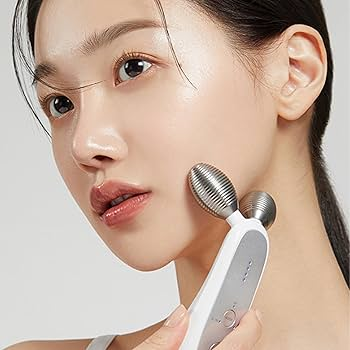Pregnancy Skincare: What to Use and What to Avoid
When you’re pregnant, you want to make sure that everything you use on your skin is safe for both you and your baby. But with so many skincare products on the market, it can be difficult to know which ones are safe and which ones should be avoided. For those of you who don’t have access to a dermatologist, we’ve put together this guide to help Moms-to-be navigate the confusing world of pregnancy skincare. Let’s take a look at some of the most common skincare issues faced by pregnant women and explore some of the dos and don’ts when it comes to pregnancy skincare.
Sun Protection
It’s important for all pregnant women to protect their skin from the sun, as excessive sun exposure can lead to premature aging and an increased risk of skin cancer. However, not all sunscreens are created equal. The key is to find one that contains physical blockers like zinc oxide or titanium dioxide, which are considered safe during pregnancy. Some of the But More Importantly team’s favorite physical blockers come from Black Girl Sunscreen, SkinCeuticals, Obagi, and Color Science.
Created for every day use,Black Girl Sunscreen can be incorporated into your everyday skincare routine as it fights against sun damage, hyperpigmentation, and fine lines. This product moisturizes, protects your skin from the sun’s rays and doesn’t leave behind a white cast.
Strong UVA and UVB protection with antioxidants to defend against HEV, VIS, IR, and free radicals, in a powerful mineral-based formula that is lightly tinted to easily blend into multiple skin tones and complexions.
Self-Tanner
If you miss having a summer glow but don’t want to expose your skin to dangerous UV rays, self-tanner is a great alternative. Many self-tanners contain chemicals like DHA or dihydroxyacetone that can be absorbed through the skin; however, these ingredients have been deemed safe for use during pregnancy by medical professionals. Our top picks for pregnancy-safe self-tanners include St Tropez Self Tan Express Bronzing Mousse, Clarins Self Tan Instant Gel, and Jergens Natural Glow Daily Moisturizer with SPF 20. But remember; aerosol self-tanners are not recommended during pregnancy due to the potential risk of inhaling the chemicals.
This super light, easy to apply, velvety mousse delivers the ultra-light tan you've always wanted. Choose from a Light, Medium or Dark Tan by applying with a Mitt and waiting just 1 hour before showering for a light tan, 2 hours for a medium golden bronze, or leave on for up to 3 hours for a deep, dark tan to suit your skin tone.
Quick-drying self tanning gel for face and body that delivers a buildable, natural-looking glow for an instant self tan. Glides on evenly to create an instant, long-lasting, tailor-made tan, any time of the year. Apply 3-4 times a week to create and maintain a sun-kissed, natural glow—or use it to enhance or even out an existing tan on face and body.
Sun kissed fake tan with gradual, natural-looking color. Keeps skin hydrated, and includes broad-spectrum UVA and UVB protection. Expect a natural-looking facial tan within a week of use.
Acne Treatment
Many women experience an increase in breakouts during pregnancy due to hormonal changes in their bodies; however, there are several acne treatments that are considered safe for use during this time period. For mild cases of acne, over-the-counter products containing salicylic acid or benzoyl peroxide can effectively reduce breakouts without posing any risks for expectant mothers or their babies. If your acne persists despite OTC treatments, we recommend seeing a dermatologist who can work with you to create a customized treatment plan tailored specifically for your needs.
These award-winning pads use a high-performance, plant-based retinol alternative to target multiple signs of aging, all at once. Similar to retinol, bakuchiol works to increase cell turnover, restore skin elasticity, even skin tone, and reduce acne. Formulated with niacinamide, cloudberry, and allantoin, they deliver powerful calming, skin-soothing benefits.
Acne is a common skin concern at any age, spanning from the teen years to adulthood. An effective acne cleanser is the first step in your anti-acne regimen, and it sets the stage for other products that follow. The CeraVe Acne Foaming Cream Cleanser is formulated to thoroughly dissolve dirt and excess oil, while clearing acne with 4% benzoyl peroxide. The formula also features hyaluronic acid to help retain your skin’s natural moisture and niacinamide to provide you with soothing benefits, while allowing your skin to heal.
Pigmentation Treatment
Hyperpigmentation—which is common among pregnant women—is caused by an increase in melanin production due to hormone fluctuations in the body. While there is no way to completely prevent hyperpigmentation during pregnancy without compromising safety for both mother and child, there are several ways we can reduce its appearance using gentle yet effective treatments like chemical peels or laser therapy once the baby has been born. If you currently use topical creams containing hydroquinone, you’ll want to shift to kojic acid to help minimize the appearance of existing pigmentation as hydroquinone is easily absorbed by the body and its effects during pregnancy are unknown.
A must-have for those battling sun spots, age spots, and dark patches, the Glytone TranEXamide Discoloration Treatment Serum is clinically shown to reduce signs of hyperpigmentation in just a matter of weeks. Formulated with Kojic Acid, tanexamic acid and niacinamide, this formula targets discolouration by removing over-pigmented surface cells.
Retinols
It is not recommended to use products containing retinol during pregnancy as it can be absorbed into the bloodstream and may cause birth defects. Retinol is a derivative of Vitamin A which has been linked to potential developmental issues in unborn babies. Therefore, it is best to avoid these types of products while pregnant or breastfeeding, as long-term exposure could still affect an infant’s development even after they are born. Women should speak to their physician before using any product with retinol ingredients, to be sure that it won't have any adverse effects on their unborn baby.
Haircare
Pregnancy hormones can cause the hair to become dryer and more brittle so it can be helpful to use gentle products that are free from sulfates, parabens and phthalates. Grande Hair Peptide Shampoo is a great choice as it helps nourish and strengthen the hair while also protecting it from further damage. It is not recommended to use hair products containing minoxidil, such as Rogaine, during pregnancy. Minoxidil is a medication that helps encourage hair growth but it has been linked to potential birth defects as it can be absorbed into the bloodstream. It can even cross the placenta and affect an unborn baby’s development. Therefore, it is best to avoid using these types of products while pregnant or breastfeeding, even if you are using them on your scalp and not near the womb. Women should speak to their physician before using any product with minoxidil ingredients, just to be on the safe side.
A Nutra Peptide Shampoo to boost hair follicle health and thickness. Infused with Hexapeptide-11 to help naturally exfoliate the scalp and cleanse hair follicles of debris and oils.
Pregnancy skincare doesn't have to be complicated or scary! By knowing which ingredients should be avoided and opting for safer alternatives instead—like mineral sunscreen instead of chemical sunscreen or kojic acid instead of hydroquinone—you can keep yourself and your little one protected from potential harm while still taking care of your own beauty needs too! With this guide in hand, finding suitable pregnancy products should be easier than ever before.
But More Importantly is the ultimate destination for finding the best cosmetics around. We take on the task of sifting through a vast array of options to find the most useful and expertly-recommended items that you can buy. Our team has recently scoured the market for everything to find out what you should know about parabens, retinol tips, ingredients to fight hyperpigmentation and all things acids. Our links are regularly updated to ensure that you get the best deals available, so make sure to check back often for new suggestions!


